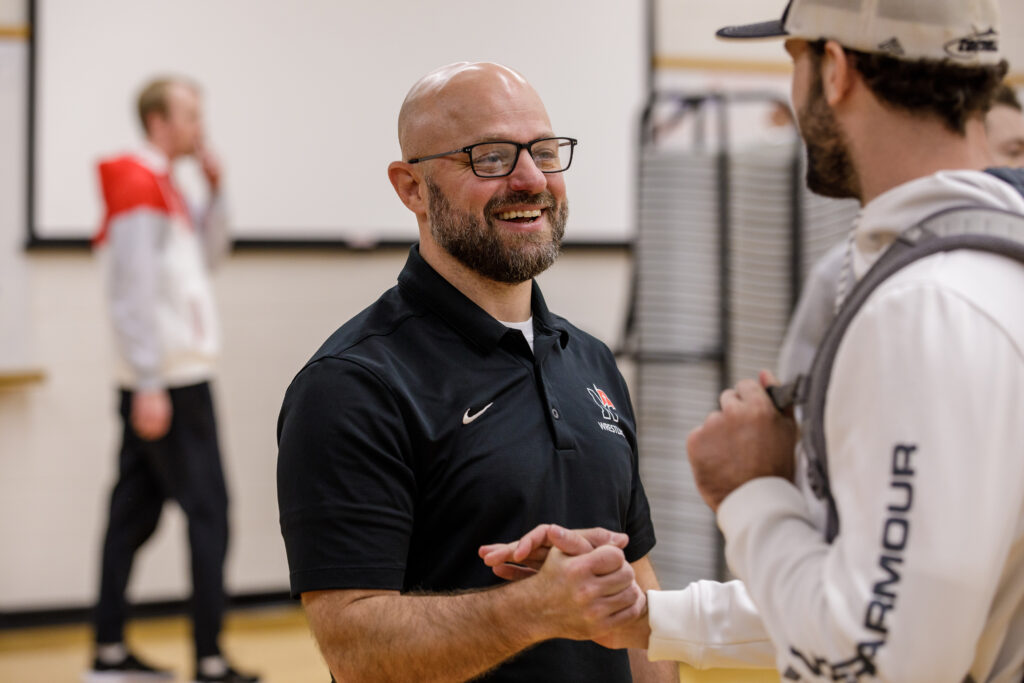Northwestern College is where many students discover a community of people to help them through their new journey. For student-athletes, sports can provide a family and a sense of comfort. However, sports can add immense stress and pressure to the athletes’ lives.
Athletes are expected to be mentally tough, so being vulnerable can be perceived as a sign of weakness. Tracl coach Matt Johnson and wrestling Coach Rik Dahl of wrestling affirmed how pivotal prioritizing mental health is for athletes.
“On the performance side, it can be the make-or-break point and have an impact on the outcome of that competition,” said Johnson.
It is the coach’s responsibility to provide a safe space where the athlete can be vulnerable with no judgment. This is only possible when there is a positive relationship between the athlete and the coach. Leaders in athletics must learn to recognize signs of stress, depression, and anxiety, such as a lack of motivation or focus, or tardiness to practices.
Dahl, head coach of wrestling, believes in a transformational coaching philosophy rather than a transactional philosophy. Transactional relationships are based on what student-athletes can do rather than who they are.
Transformational coaching does not care if the athlete is a varsity starter or a JV player. Every athlete matters to the coach, and they have value on the team. Although winning is a priority, competitiveness falls underneath the athlete.
NW coaches take the time to get to know their athletes and form a connection with them. They prove to their athletes they are more than statistics with their actions. The results are worth it.
From Johnson to Dahl, athletic staff at NW look at the bigger picture by placing faith and character above winning. Every athlete has a different background, and it is up to the coaches to take whatever baggage each athlete has, love them and help them thrive.
A team is only as great as its leader. A great coach can change a life.
